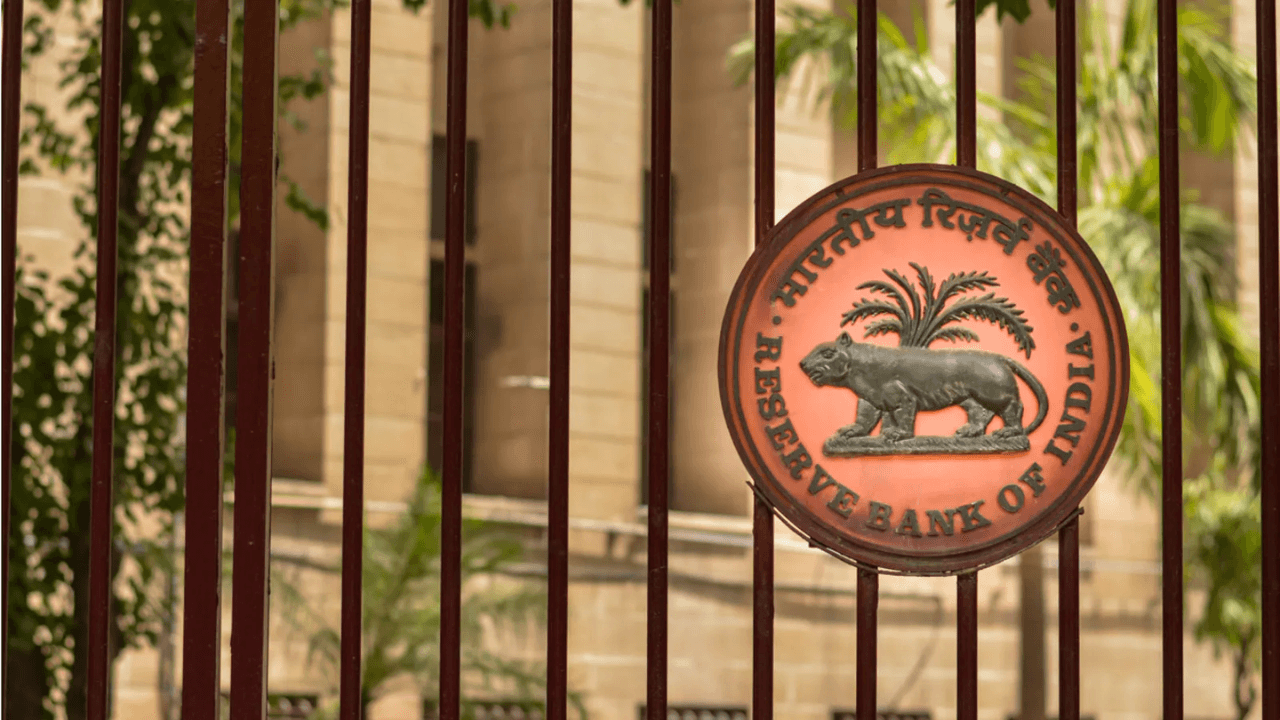The Reserve Bank of India (RBI) recently released a study on sustainable growth and carbon emission reductions for fiscal year 2022-23. The report addresses four critical aspects of climate change, including its macroeconomic effects, financial stability implications, and ways for mitigating climate risks.
Green Financing Requirement
According to the research, India must devote at least 2.5% of its GDP to environmentally beneficial activities each year until 2030. India has achieved outstanding progress towards its climate goals, ranking first among G-20 nations in the 2023 Climate Change Performance Index. India’s ultimate target is to achieve net-zero emissions by 2070, which will demand an annual decrease in energy intensity relative to GDP of around 5%, as well as a move towards renewables accounting for 80% of its energy mix by 2070-71.
Balanced Policy Intervention
The RBI emphasised the significance of a well-balanced policy intervention that would allow India to meet its green transition goals by 2030 and eventually attain the net-zero aim by 2070. It emphasized the critical role of progress across all policy tools in ensuring a successful transition to a more environmentally sustainable and cleaner India.
- 3 August Current Affairs 2023 in English
- MoU Between Subroto Mukerjee Sports and Education Society and All India Football Federation (AIFF) to Promote Football at Grassroot Level
- Dr. Mansukh Mandaviya Delivers Keynote Address at the 13th Indian Organ Donation Day ceremony
- Education Ministry Forms Expert Panel on Anti-Discrimination in Higher Education
- Concerns Arise Over Cheetah Deaths at Kuno National Park
